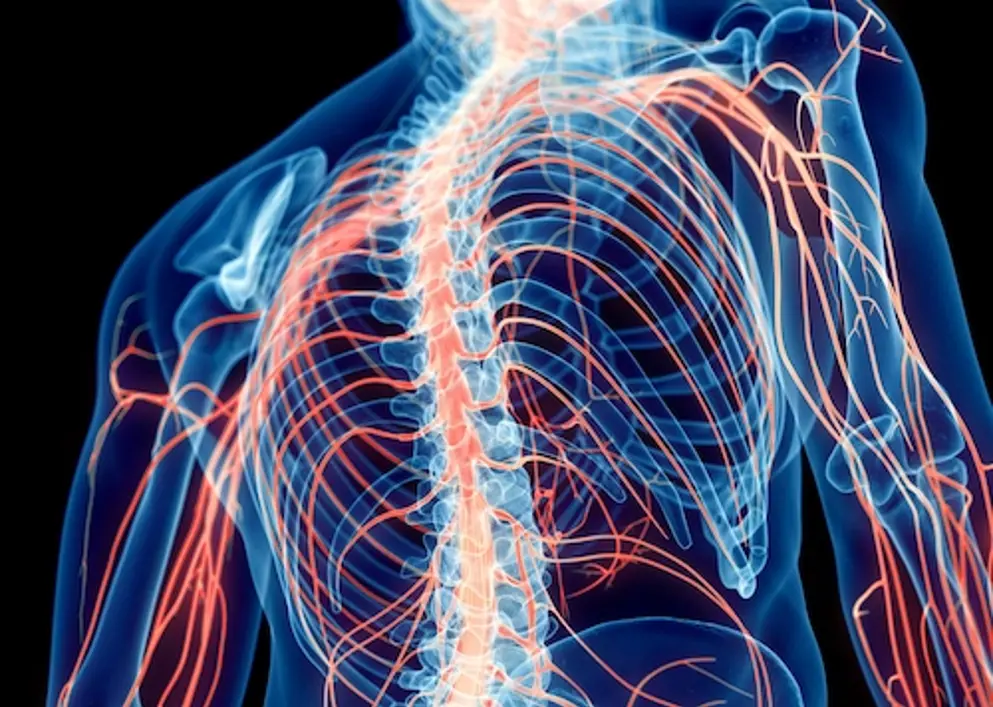Chronic kidney disease and the gut microbiome
Chronic kidney disease and the gut microbiome
The gut microbiome is composed of a diverse population of bacteria that have beneficial and adverse effects on human health. The microbiome has recently gained attention and is increasingly noted to play a significant role in health and a number of disease states. Increasing urea concentration during chronic kidney disease (CKD) leads to alterations in the intestinal flora that can increase production of gut-derived toxins and alter the intestinal epithelial barrier. These changes can lead to an acceleration of the process of kidney injury. A number of strategies have been proposed to interrupt this pathway of injury in CKD. The purpose of this review is to summarize the role of the gut microbiome in CKD, tools used to study this microbial population, and attempts to alter its composition for therapeutic purposes.
Read abstract on library site Access full article





